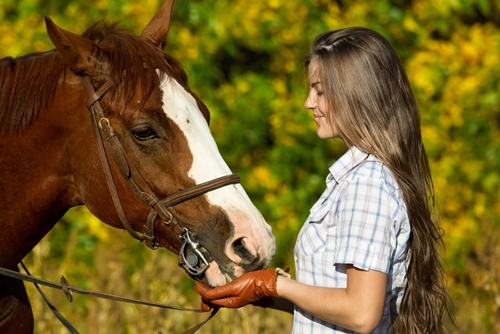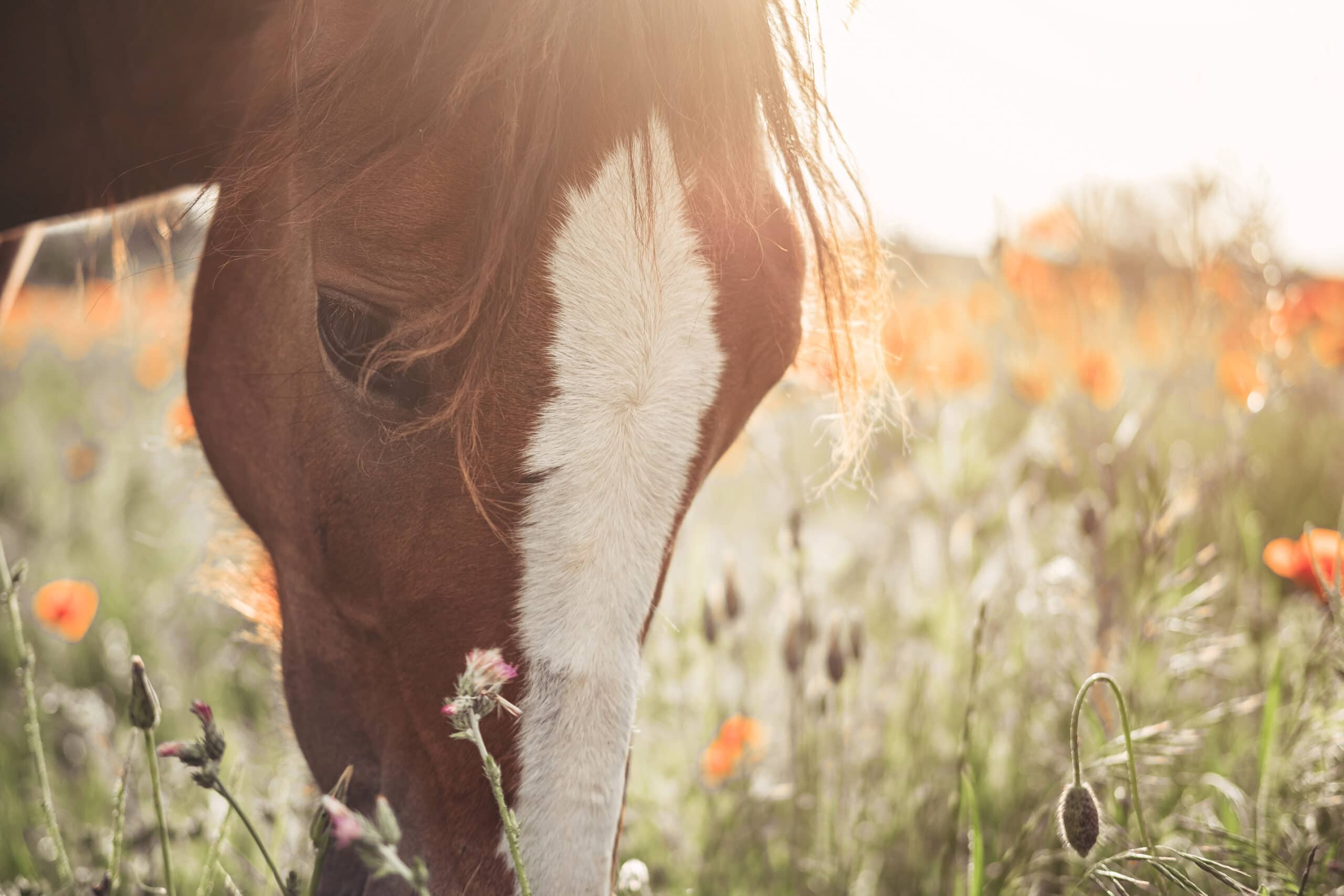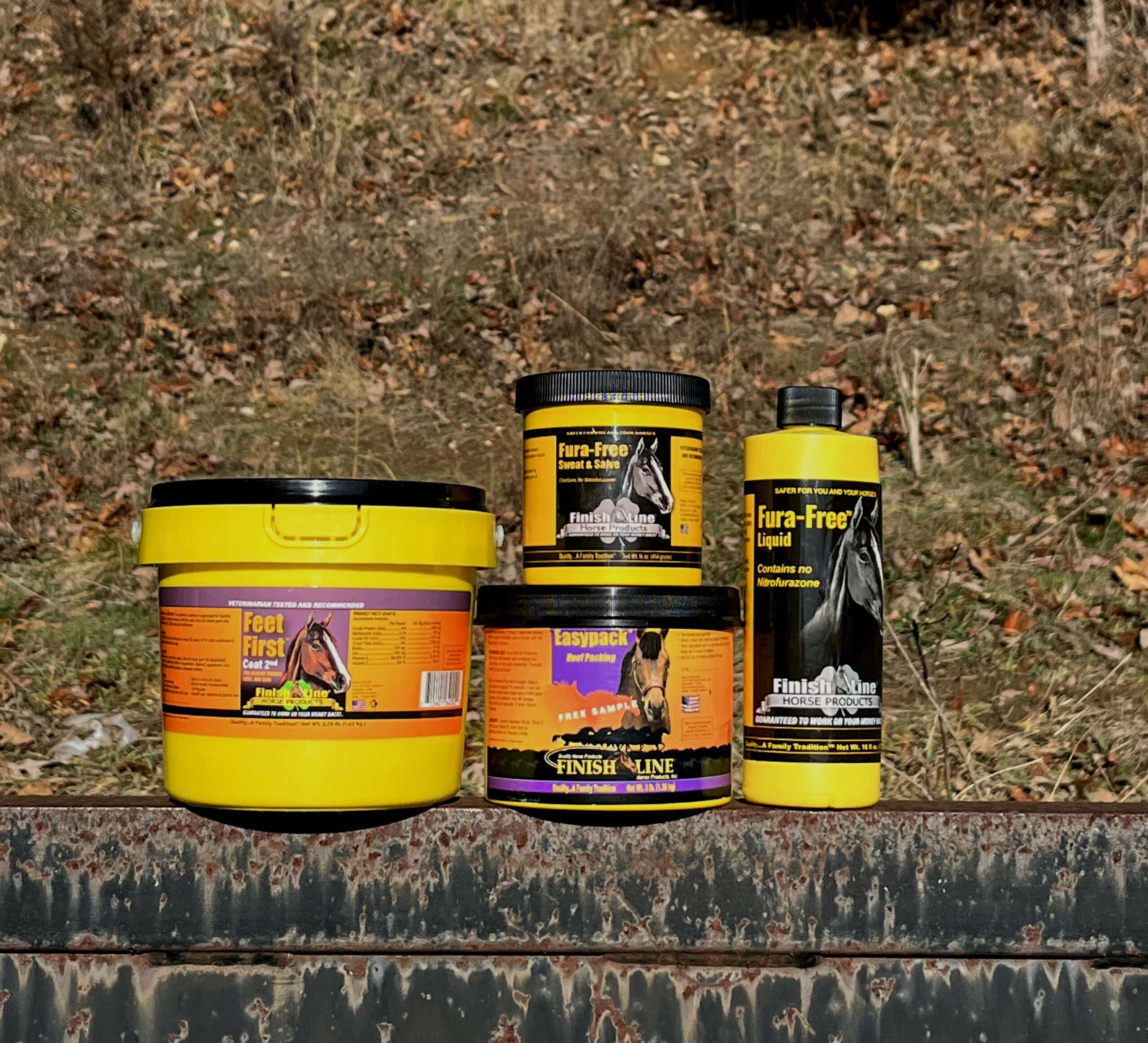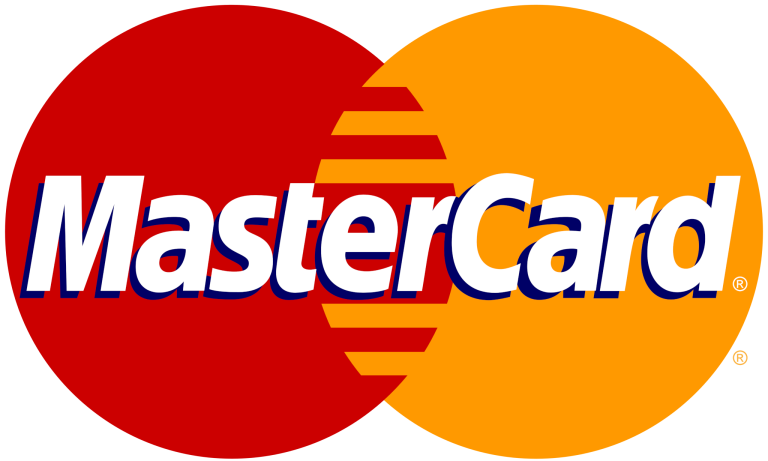Horses require nourishment from six major nutrient classes in order to stay happy and healthy. As such, a well-balanced diet will include elements of each class in the proper proportion. Of course, the exact optimal nutritional makeup will vary from horse to horse depending on a number of factors. The age, size and sex of the horse all have an effect on exactly what should be in its feed. In order to create the best feed program for your horse, it is important to know the basics of equine nutrition.
Six nutrient classes
The six nutrient classes that make up a well-balanced equine diet are water, carbohydrates, proteins, fat, vitamins and minerals. The first of these, water, is one of the most important. Access to clean, potable water should be a priority when boarding your horse. If continuous access is not possible, then be sure to water your horse at least two times a day. Allow the horse to drink as much as it wants, as the animals are known to consume anywhere from 5 to 15 gallons a day.
Carbohydrates make up the lion’s share of the horse’s diet. They are usually broken into two categories, structural carbs (which are digested in the hindgut) and non-structural carbs (which are digested in the small intestine). Structural carbs are high in fiber and are very important to maintain the health of a horse’s cecum and colon.
Proteins are made up of amino acids. These get broken up during digestion and then reassembled by the horse to build new proteins that can be found in just about every cell of the horse’s body. Of the 20 types of amino acids that the horse is known to use, it can only make 10 of those by itself, the rest must come from the diet. The most important amino acid for horses is lysine, as it is one of the most versatile.
While many have a negative stereotype of fats, many fatty acids are essential to horse health. They are an excellent source of energy, and horses are quite tolerant of a high level of fat in their diet, up to 20 percent is ok. Omega-6 and omega-3 fatty acids are some of the most beneficial for energy and a healthy coat.
Vitamins are classified as either water soluble or fat soluble. The two most important things to know about dietary vitamins are that horses synthesize many of their own necessary vitamins, and that fat-soluble vitamins can build up to toxic levels if there is an oversupply of them. Fat-soluble vitamins include vitamins A, D, E and K.
Finally, minerals, both macro and micro, are inorganic compounds that are very important to a horse’s overall health. These are often added to the diet in the form of supplements in order to ensure that the horse is receiving a full and balanced supply of important minerals such as sulfur, calcium, sodium, potassium and chloride, to name a few.









